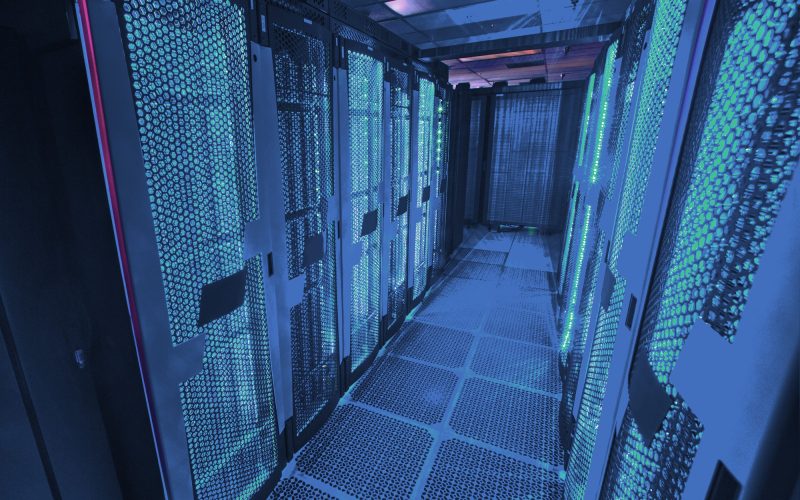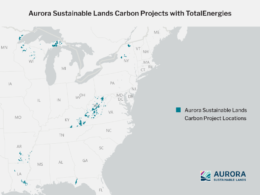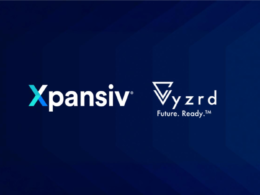Google has announced plans to collaborate with partners in a $20 billion initiative to develop industrial parks integrating renewable energy and energy storage alongside data centre facilities.
Google, along with TPG Rise Climate and other investors, will support clean energy developer Intersect Power, based in Houston, Texas. Intersect has secured over $1 billion in equity and $5 billion in project financing to establish solar, wind, and battery energy storage projects near high-demand electricity sites.
“This partnership is an evolution of the way hyperscalers and power providers have previously worked together. We can and are developing innovative solutions to expand data centre capacity while reducing the strain on the grid,” said Sheldon Kimber, CEO and founder of Intersect Power.
He added, “Deep, collaborative partnerships combined with creative problem-solving are the only way that we can meet the explosion of AI [artificial intelligence] growth, as well as society’s accelerating electricity demand.”
Jim Coulter, executive chairman of TPG and a managing partner of TPG Rise Climate said, “Meeting the energy and computing demands of our next generation economy is necessitating the development of new models and partnerships.”
Ruth Porat, president and CIO for Alphabet (Google’s parent) and Google said, “The tri-party partnership brings a new approach that can enable U.S. leadership in AI development, while thoughtfully building data centre load next to new additional power generation where possible—reducing both the timeline to operation and the amount of new transmission required.”
The first colocated clean energy project under the partnership, with an undisclosed location, is expected to come online in 2026 and achieve full operation by 2027.
Intersect Power also announced it has raised over $800 million in equity investment led by TPG Rise Climate, with participation from Google, Climate Adaptive Infrastructure, and Greenbelt Capital Partners. Google joins other tech giants, including Meta, Microsoft, and Amazon, in efforts to secure adequate power for ongoing data centre and AI-related developments.
Google stated its strategy of colocating energy resources with its facilities would reduce grid strain, accelerate timelines, and enhance reliability. The company will serve as a primary customer for the electricity produced by Intersect Power’s facilities.
“This approach allows data centres to come online alongside dedicated clean power, adding new capacity to the grid while reducing operational delays and improving reliability,” Google said.
The growing demand for AI infrastructure has led experts to warn of increasing pressure on the power grid. “AI’s energy appetite will require substantial upgrades to existing grid infrastructure,” said Nick Schweissguth, director of Product and Commercial Enablement at LiquidStack, a data centre liquid cooling solutions provider.
Utility companies are expected to invest in advanced energy storage and smart grid solutions, while data centre operators will diversify build locations, adopting a “follow the power” strategy to address these challenges.
Intersect Power, founded in 2016 and part of TPG Rise Climate’s portfolio, specialises in scalable low-carbon energy solutions. Its existing renewable energy installations include 2.2 GW of solar power and 2.4 GWh of battery storage in Texas and California.
The partnership with Google signifies a shift from grid-connected projects to colocated initiatives, such as Intersect’s Project Meitner in Texas, which combines solar and wind power with a hydrogen electrolysis facility.
A report by Energy Innovation highlighted the benefits of such colocated clean energy parks, noting they provide faster, cheaper access to clean power for large electricity consumers willing to take on additional costs and responsibilities.
“This convergence of decarbonisation and digitisation creates unique opportunities for innovation,” said Coulter. “By uniting leading carbon-free power producers, hyperscalers, and climate-focused investors, we are delivering scalable, cost-effective carbon-free data centres.”
Amanda Peterson Corio, Global Head of Data Centre Energy at Google, noted the initiative aligns with the rising demand for AI-powered operations. “The scale of AI presents an opportunity to rethink data centre development by synchronizing load growth with new clean power generation. We aim to replicate this model across multiple U.S. and global markets,” she said.





















